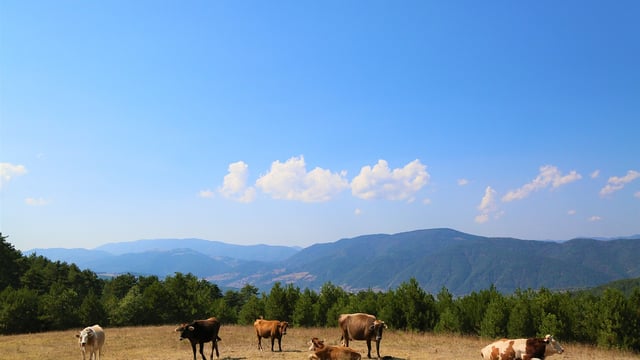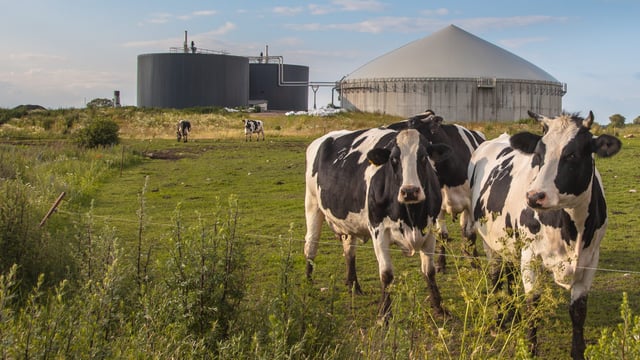Spring 2024 recorded as one of the warmest and wettest - Met Éireann
Spring 2024 was one of the warmest and wettest on record, according to new data from Met Éireann.
The average temperature was 10.12°C, making it the fourth year that the season exceeded 10°C, the other years including 1945, 2017 and 2023.
All mean air temperatures across the country were above their long term average for the season.
Mean air temperature ranged from 0.6°C at Mace Head, Co. Galway to 1.7 °C at Phoenix Park, Co. Dublin.
The lowest grass minimum was recorded on Saturday, April 27 at -7.4°C. Most stations reported ground frost.
The number of days with ground frost ranged from zero days at both Sherkin Island, Co. Cork and Valentia Observatory, Co. Kerry, to 34 days at Mount Dillon, Co. Roscommon.
Just over half of the stations reported air frost. The number of days with air frost ranged from zero days at a few stations to 10 days at Markree, Co. Sligo.
It was the twelfth consecutive season with above average temperatures and the fifth with above average rainfall.
Provisional gridded rainfall data from Met Éireann highlights Spring 2024 as the sixth wettest on record.
The wettest spring was recorded in 1947, over 70 years ago, and the driest spring was in 1944, 80 years ago.
A southerly displaced jet stream during much of March and at times during April steered numerous low pressure systems over or to the south of Ireland.
This led to a wet spring for the midlands, south and wast, while the north-west escaped with slightly below average rainfall.
Moore Park, Co. Cork with 312.8mm of rainfall and Johnstown Castle, Co. Wexford with 363.4mm, had their wettest spring since 1981.
Phoenix Park, Co. Dublin, with 43.9mm on Friday March 1 and Mount Dillon, Co. Roscommon with 33.6mm Thursday, March 14 had their wettest spring day on record.
It was a dull season with below average sunshine, whilst high temperatures at night were a feature during the season, which boosted the overall mean temperatures, according to Met Éireann.
Storm Kathleen, named by Met Éireann, brought the windiest period of the season on Saturday April 6 as a deep low pressure system moved north close to the west coast.





